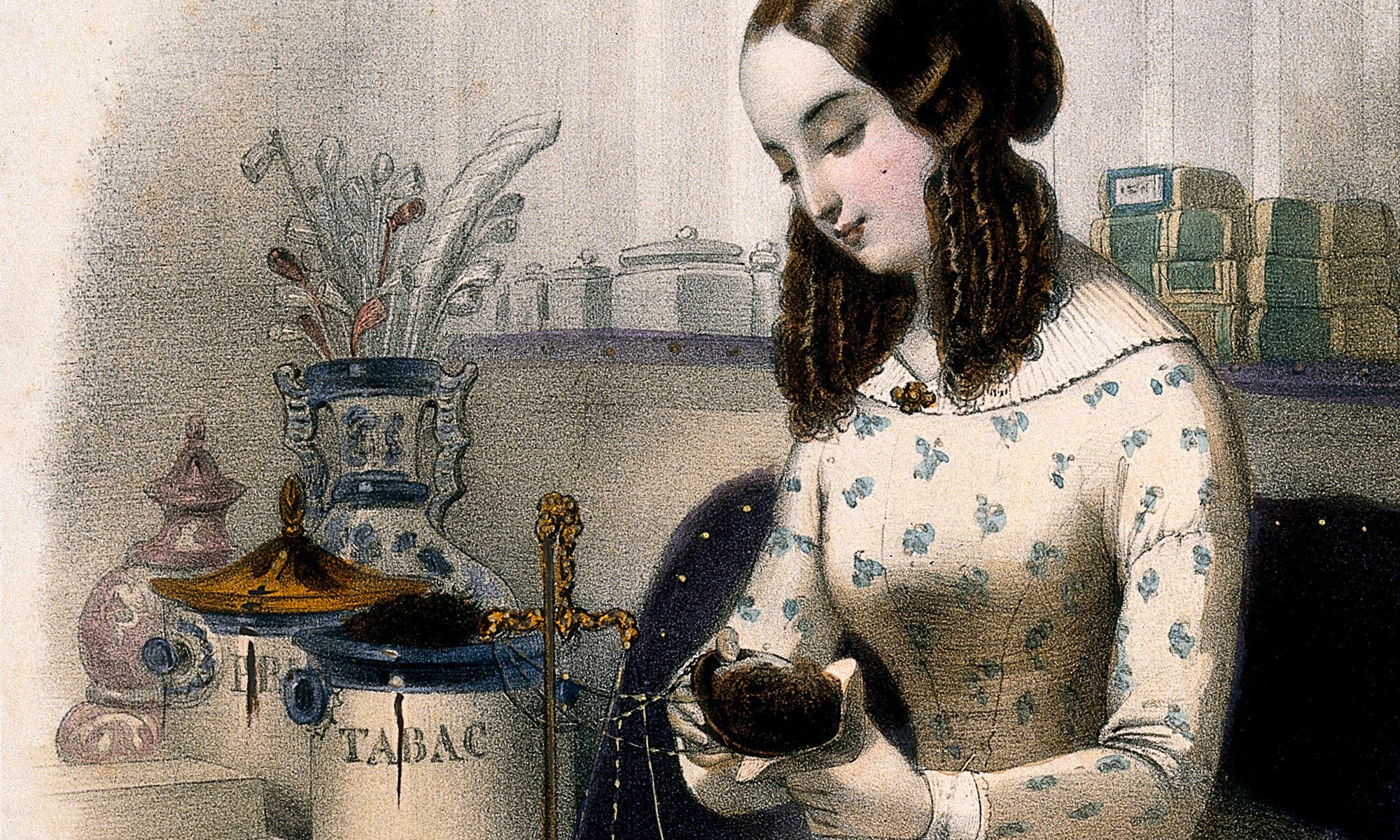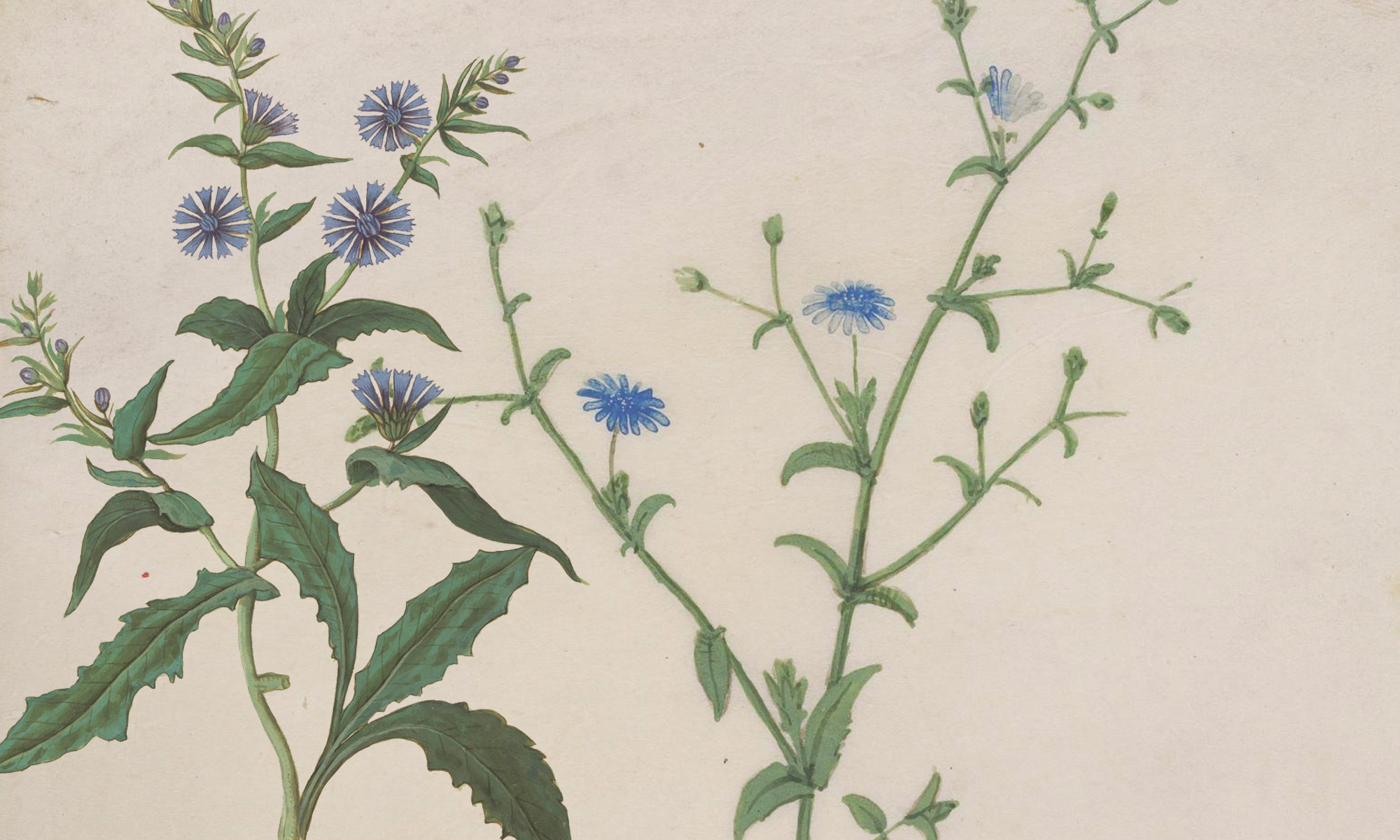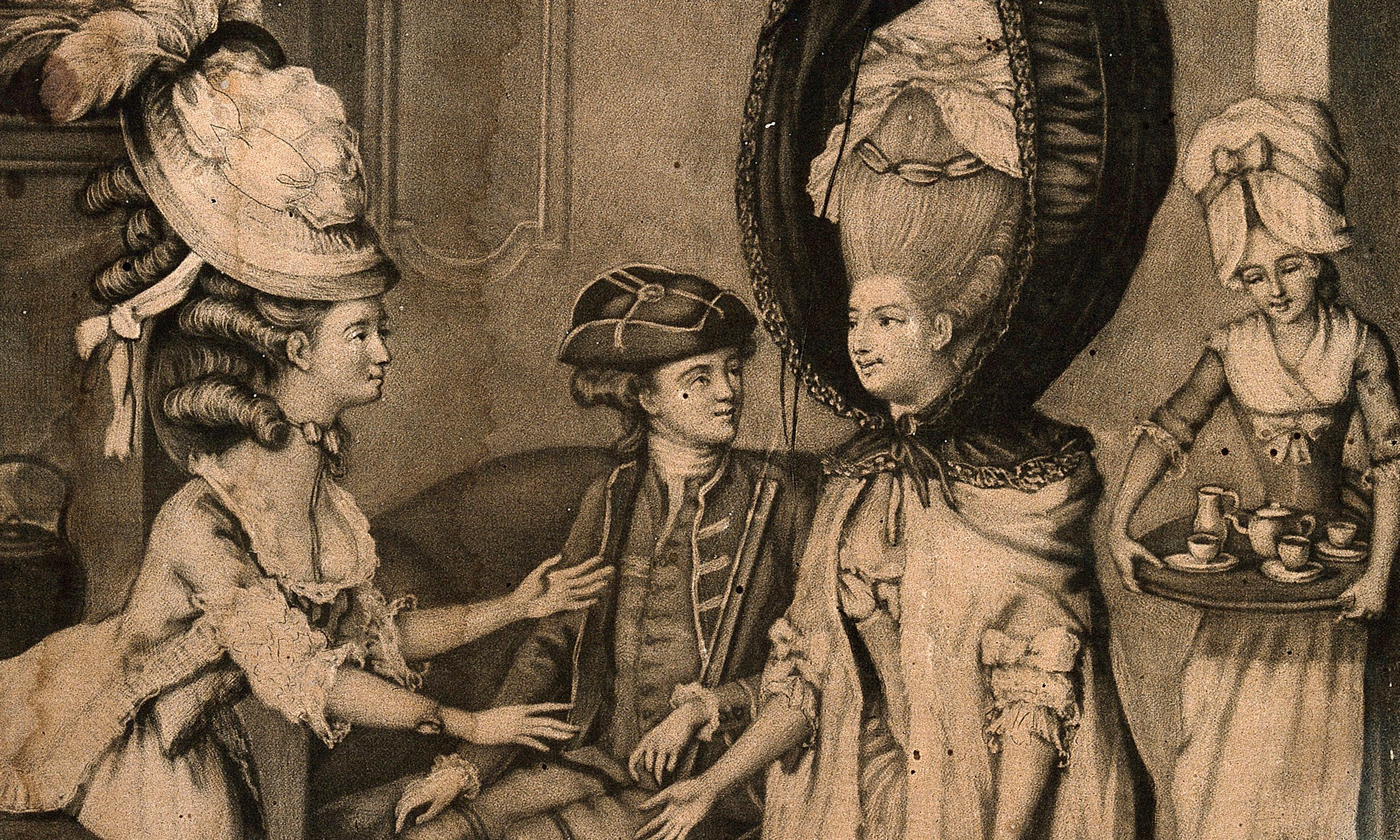Seas of rustic little-boy-blue flowers lining the paths stole the show on our summer wanderings through the rolling fields of Thuringia. I bored the kids as I analogously puzzled over its name. Was it a cornflower? Some kind of dandelion? A quick web search back at basecamp revealed all: chicory. A pretty, prolific weed with a weighty history. Ever heard of ‘caro’ or ‘muckefuck’ (meaning something like brown rotten wood in the German Rhine dialect)? All made from the root of the humble chicory plant. But why and when did Europeans start using chicory as a substitute for coffee? What does the history of ‘fake’ coffee have to do with that of ‘real’ coffee?
Continue reading “Faking It? A Little History of Coffee Substitutes”


